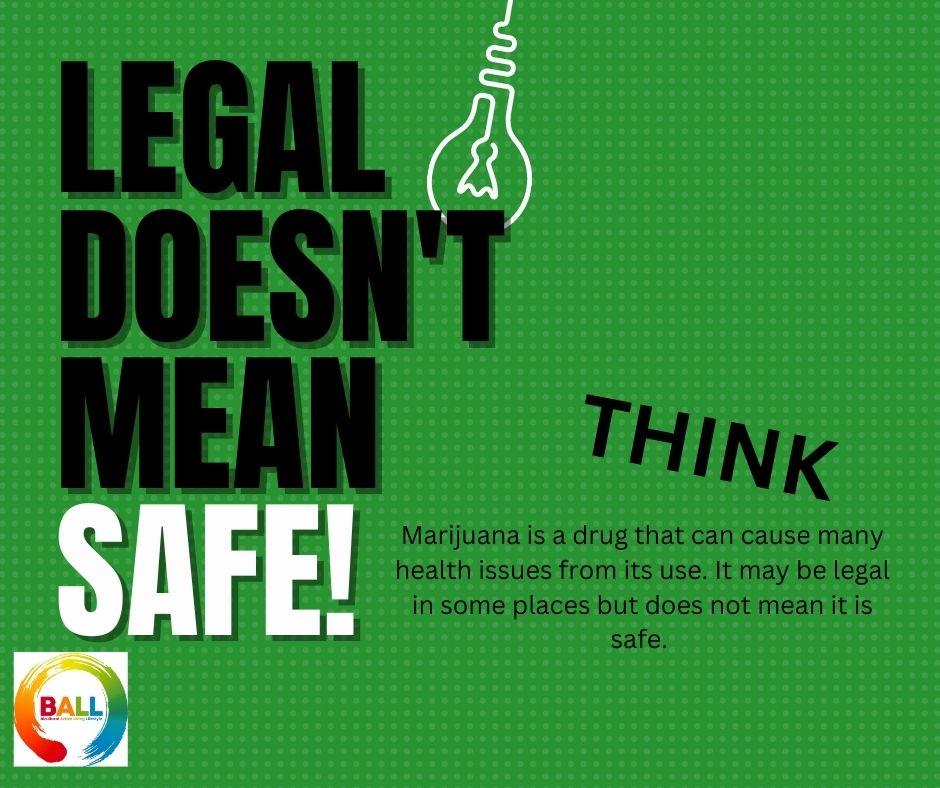Marijuana, also recognized as cannabis, weed, pot, or dope, denotes the dried components of the cannabis plant, encompassing flowers, leaves, stems, and seeds. The cannabis plant harbors over 100 compounds, termed cannabinoids. Among these, tetrahydrocannabinol (THC) induces impairment, while cannabidiol (CBD) does not, signifying it doesn’t elicit a psychoactive “high.” Marijuana maintains its illegality at the federal level; nonetheless, over 50% of states, along with the District of Columbia, Guam, Puerto Rico, and the U.S. Virgin Islands, have legalized its medical usage. Moreover, states are progressively legalizing it for recreational adult use. Despite marijuana’s applications in both medical and recreational contexts, its legality doesn’t equate to safety. Scientists continue to explore the health implications and potential benefits associated with its usage.
How Can Marijuana Affect Your Heath?
- Brain Development and Function – The brains of babies, children, and teenagers, which are still developing, are particularly vulnerable to the negative impacts of marijuana and THC. Utilizing marijuana during adolescence or young adulthood, prior to full brain maturation, could disrupt the establishment of crucial connections for cognitive functions like attention, memory, and learning, with potential long-lasting or permanent consequences.
- Heart and Lungs – Inhaling any substance, such as marijuana, can harm lung health, leading to increased vulnerability to bronchitis and damage to small blood vessels. Additionally, smoking marijuana raises the likelihood of stroke, heart disease, and other vascular conditions.
- Mental Health – The utilization of marijuana has been associated with conditions such as social anxiety, depression, suicide, and schizophrenia. While it remains uncertain whether marijuana directly triggers these health concerns, its usage might exacerbate the severity of symptoms.
- Inhaling or Eating Marijuana – The inhalation of THC-containing vaping products has been associated with lung damage and fatalities. The utilization of concentrates in vaping or dabbing apparatuses can expose users to exceptionally elevated levels of THC, potentially posing health hazards due to the intense potency of THC involved.
As with any substance, marijuana can also be addictive and may lead to marijuana dependency in some individuals. If you feel you’re struggling with quitting marijuana use reach out to your health care provider for treatment options tailored to your needs. It’s important to consider your health and live a substance free life, in this way you live a full and healthy life, and able to reach your fullest potential.
Reference: https://www.cdc.gov/marijuana/featured-topics/what-we-know-about-marijuana.html#:~:text=Smoking%20any%20product%2C%20including%20marijuana,disease%2C%20and%20other%20vascular%20diseases.





